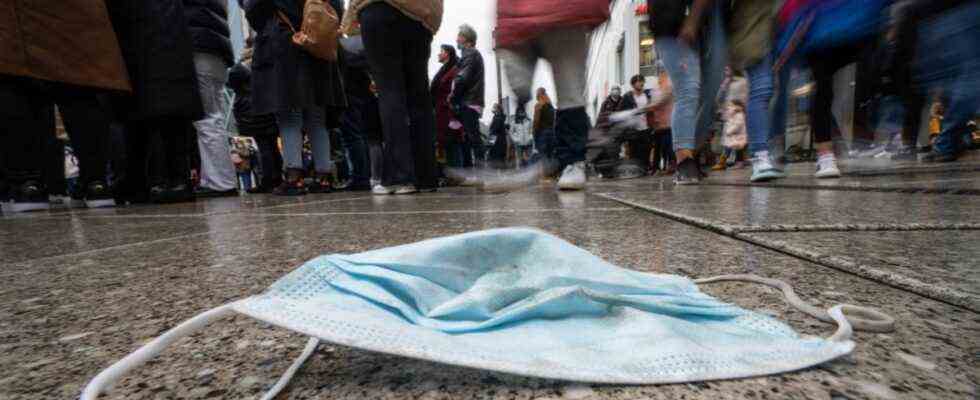This is very unusual: The Economic Advisory Council is divided on what to recommend to the German government and the EU in the case of debts and investments. While two of the so-called economic modes are shaking around the European debt limit of 60 percent of gross domestic product, the other two definitely want to stick to it.
For decades the council was firmly in the hands of liberal market economists. A lone Keynesian expressed his dissenting opinion in minority votes. That has changed – some say it starts with the title of the new report: Shaping transformation – education, digitization and sustainability. “It almost sounds like a union brochure,” jokes someone close to the council.
When it comes to economic development, the wise men are more optimistic than other economic researchers: the German economy will grow by 2.7 percent this year after the corona shock, the Advisory Council expects. This emerges from the annual report of the wise, which is to be presented on Wednesday and the SZ is available. First the FAZ reported on it. The 2.7 percent is less than the advisory committee had previously expected – however, the economic experts are even more confident than the five leading economic institutes, which are only expecting an increase of 2.4 percent in gross domestic product for 2021.
“The global economy is increasingly recovering from the Corona crisis, but its effects continue to shape economic development,” says the expert opinion. After delivery problems in particular are slowing the upswing this year, the recovery will be stronger in 2022, according to the Advisory Council: Then the economy should grow by 4.6 percent. Just like the institutes, economists expect inflation to be well below three percent again after its sharp rise this year.
The SPD, Greens and FDP are looking for financial leeway
The report comes just at the time when the SPD, Greens and FDP are negotiating a coalition – and the almost 500-page report is highly political. Because the traffic light is looking for financial leeway. The SPD and the Greens in particular want to invest significantly more state investments than before, but the FDP does not want to raise taxes and do not touch the debt brake. What do the wise recommend? Different.
At two important points there is a stalemate between Veronika Grimm and Volker Wieland, who argue more liberally in the market, on the one hand – and Monika Schnitzer and Achim Truger, for whom “credit financing for future-related public expenditure” can make economic sense. “According to the prevailing legal opinion, public investment companies are not subject to the debt brake and could be used specifically for financing,” the two write about. Grimm and Wieland argue much more conservatively.
There are also clear differences in the European fiscal rules. Grimm and Wieland advocate adhering to the normal limits again by 2023 at the latest. Schnitzer and Truger, on the other hand, consider it “very problematic” to force heavily indebted countries like Italy through the rules to reduce their debts to 60 percent of gross domestic product relatively soon. The EU states are also debating debt limits. While some are pushing for relaxation, others are considered strict opponents. Both sides should be interested to hear that the opinion of the Federal Government’s most important economic advisory body is no longer as clearly against easing as it was for decades.
It is interesting what the researchers – this time together – determine about the consequences of the Corona crisis: mini-jobbers, low-skilled and self-employed are particularly affected by the Corona crisis. The restrictions on educational opportunities were also serious. But there is one ray of hope: the high government spending has prevented a greater gap between rich and poor. Disposable income inequality “is unlikely to have increased,” it said.

